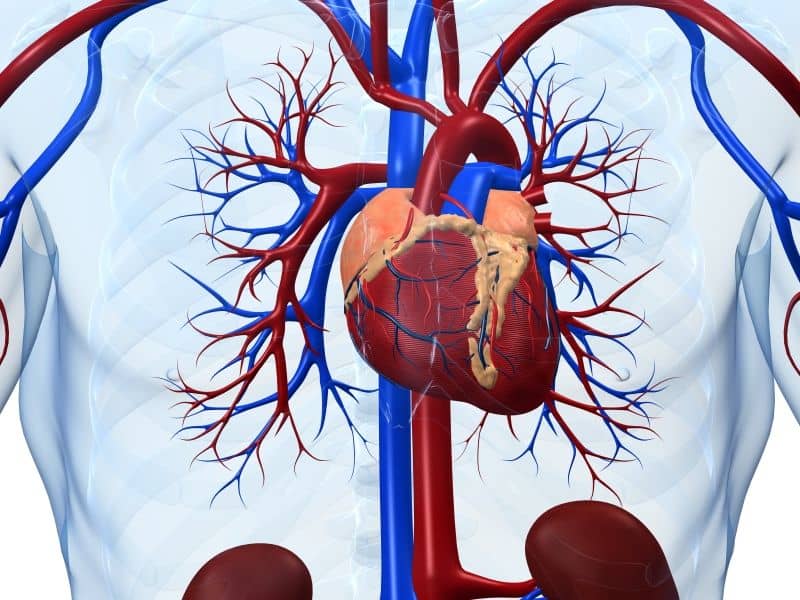Myocardial infarction (MI) refers to the loss of cardiomyocytes due to inadequate coronary blood flow and subsequently a reduced oxygen supply. Activation of N-methyl-D-aspartate (NMDA) receptors has been linked to myocardial infarction. The aim of the present study was to determine the cardioprotective effects of memantine, in myocardial infarction both in ex vivo and in vivo models. Effects of memantine on the electrocardiogram (ECG) pattern, cardiodynamic parameters, infarct size and lipid peroxidation were evaluated in the isolated perfused rat heart. Moreover, in in vivo studies in rats, the protective effects of memantine on isoproterenol-induced myocardial infarction model (administration of 100 mg/kg isoproterenol subcutaneously for 2 consecutive days) was evaluated by measuring ECG pattern, mean arterial pressure, malondialdehyde (MDA) levels, myeloperoxidase (MPO) activity, cardiac tumor necrosis factor-alpha (TNF-α) level and cardiac remodeling. The results from the ex vivo isolated perfused heart showed that memantine treatment increased heart rate, left ventricular systolic pressure and left ventricular maximal rate of pressure increase, and decreased cardiac arrhythmia, MDA level and infarct size in comparison to ischemia/reperfusion (IR) group. The isoproterenol-induced MI (Iso) as used in the in vivo model demonstrated that MDA levels and MPO activity were decreased in memantine groups. Memantine treatment reduced the expression of cardiac TNF-α in comparison to Iso group. Cardiac fibrosis and hypertrophy were lower in memantine groups. In conclusion, memantine exerts cardioprotective effects in models of myocardial infarction, which may be attributed to reduction of pro-inflammatory and oxidative stress factors and subsequently a decrease in cardiac remodeling.Copyright © 2020. Published by Elsevier B.V.
Cardioprotective effects of memantine in myocardial ischemia: Ex vivo and in vivo studies.


